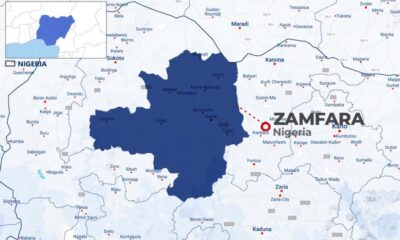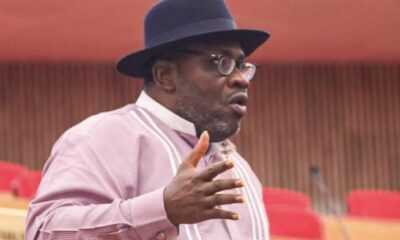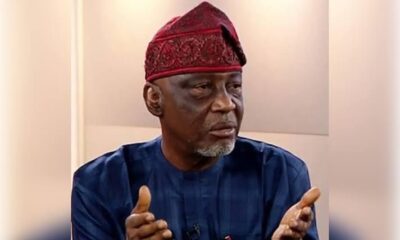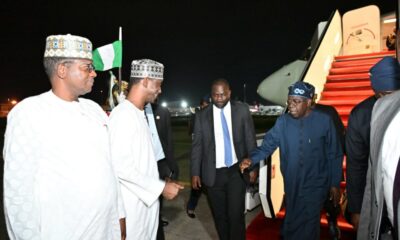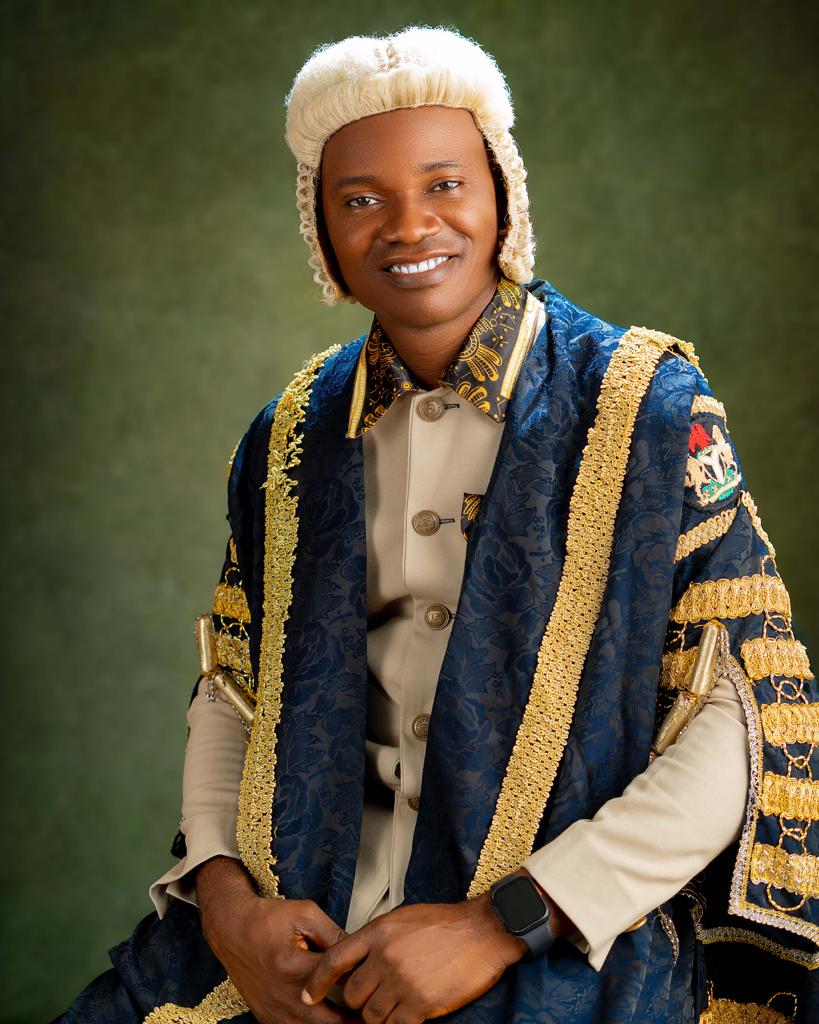EDITORIAL
Two Years of Nwifuru’s Clueless and Crippled Leadership In Ebonyi
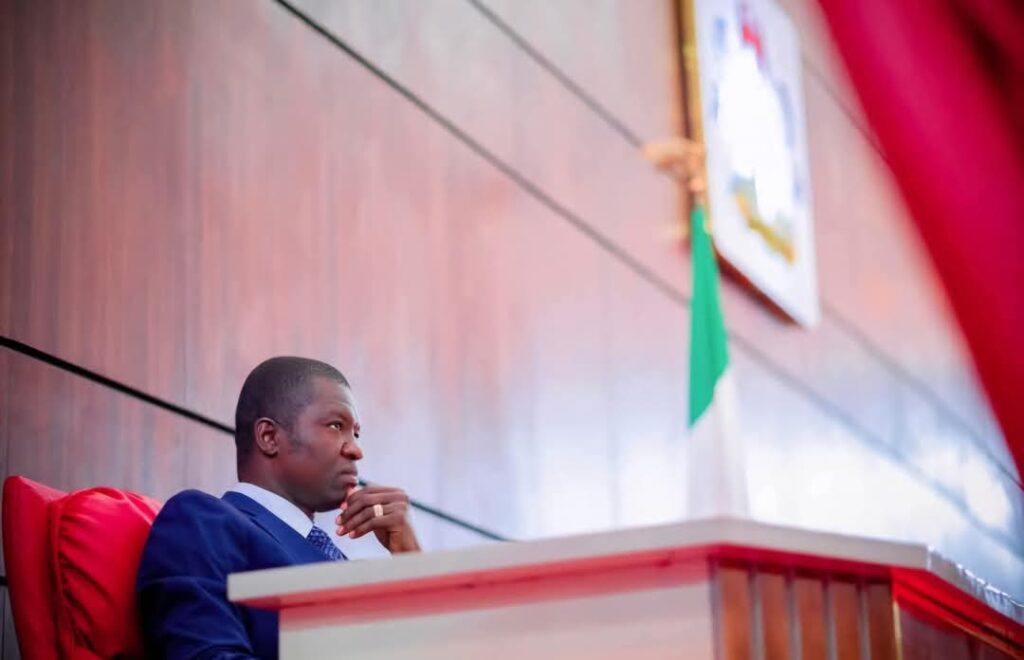
Two years into the administration of Governor Francis Ogbonna Nwifuru, a cloud of underachievement hangs heavy over Ebonyi State. What was expected to be a transformative tenure—anchored on promises of continuity, grassroots empowerment, and people-centered governance—has instead evolved into a dispiriting tale of missed opportunities, half-hearted programs, and political posturing with little substance.
When Nwifuru took the reins of leadership in May 2023, many assumed that, having been a key figure in the David Umahi administration, he would hit the ground running. The expectation was that he would not only sustain ongoing projects but also bring a fresh vigor to areas Umahi left underdeveloped, particularly health, education, and rural development. Unfortunately, two years in, there is little to show for all the noise and fanfare that accompanied his inauguration.
The reality on the ground tells a different story from the narratives often pushed through state-controlled media and staged public events. Infrastructural decay continues to frustrate daily life. Roads in both the capital and rural communities remain riddled with potholes and flooding, severely hindering movement and economic activities. Despite multiple press briefings announcing rehabilitation projects, residents can hardly point to completed or fully functional ones. Government’s presence is more visible in ceremonies than in action.
Healthcare delivery in Ebonyi has deteriorated rather than improved. While announcements of renovated health centers make the rounds on social media, these facilities remain largely unequipped and lack the personnel needed to make them operational. Doctors and nurses continue to work under demoralizing conditions, and healthcare remains inaccessible to the rural poor. The state’s only tertiary hospital suffers from erratic funding and a lack of critical infrastructure, leaving patients at the mercy of fate.
The education sector fares no better. Public schools remain in a pitiable state, with broken walls, outdated curricula, and unpaid or poorly motivated teachers.

The much-touted “model schools” appear more as political trophies than functioning centers of learning. Pupils still sit on bare floors in many parts of the state, and no serious effort has been made to introduce digital learning tools or modernize the curriculum. The promise of an educational renaissance has quietly dissolved into silence.
Young people, who had hoped the new administration would prioritize their welfare, have instead found themselves further sidelined. Empowerment programs, where they exist, are poorly designed, sporadically implemented, and often tainted by political favoritism. Many youths complain of being excluded from decision-making processes, and without clear policies on industrialization or job creation, unemployment continues to surge. Even agriculture—the backbone of the state’s economy—has been largely neglected. Farmers lament the absence of support services, modern inputs, and market access. The once-celebrated Ebonyi Rice brand is now a pale shadow of its former self, while large swaths of arable land lie fallow.
Perhaps most concerning is the growing culture of opacity and silence surrounding governance. Budgetary transparency is virtually nonexistent, and the government’s dealings are shrouded in ambiguity. Civil society voices and critical media have been muzzled, subtly or overtly, in a climate where dissent is no longer safe. The administration seems more preoccupied with self-congratulation than with delivering results, more focused on political maneuvering than on real governance.
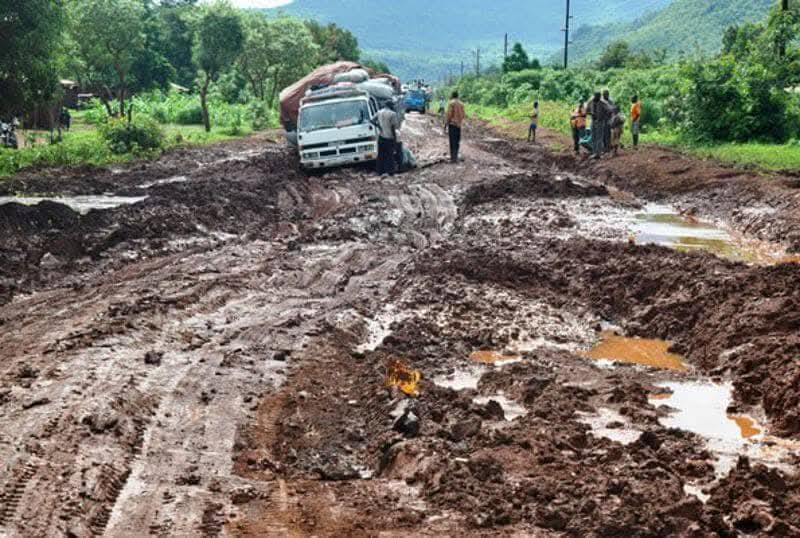
At every critical point, Governor Nwifuru has failed to demonstrate bold vision, purposeful leadership, or the ability to implement policies that materially improve the lives of ordinary citizens. The signs of decay are visible, and the frustrations of the people are mounting. Ebonyi has become a state of unfulfilled expectations, where governance appears to be more of a ceremonial affair than a vehicle for progress.
Two years may not be enough to fix all of a state’s problems, but it is certainly enough to define the direction and character of a leader’s tenure. Sadly, Governor Nwifuru has, so far, defined his leadership as one of passivity, underperformance, and detachment. Time is still left to course-correct, but the past two years have been a tragic waste for a state with so much potential. If things continue this way, history may remember this administration not for what it did—but for what it failed to do.
Please Note: This is not the Opinion Of ASIWAJU MEDIA
Discover more from Asiwaju Media
Subscribe to get the latest posts sent to your email.
-
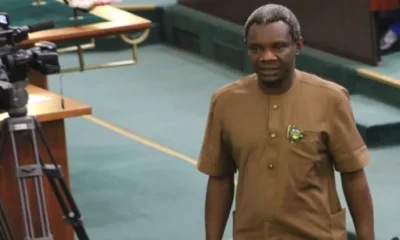
 POLITICS6 days ago
POLITICS6 days agoChinedu Ogah Decamps from APC to ADC, Joins Coalition—Video Claims Surface Online
-
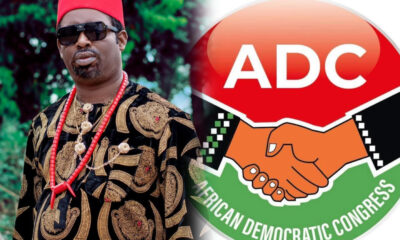
 POLITICS3 days ago
POLITICS3 days agoADC Chieftain Alleges Plot by APC to Hijack Party in Ebonyi, Vows Resistance
-

 ENTERTAINMENT3 days ago
ENTERTAINMENT3 days agoIyabo Ojo Addresses Police Invitation, Threats And Fire Outbreak, Clarifies Position On Mohbad’s Death
-

 POLITICS4 days ago
POLITICS4 days agoADC Confirms Jennifer Adibie as Ebonyi State Chairperson
-

 TECH5 days ago
TECH5 days agoStep-by-Step Guide on How to Generate an e-affidavit for Change of Name, Loss of SIM, Declaration of Age and General Declarations
-

 NEWS5 days ago
NEWS5 days ago“We Need Real Protection, Not Just Condoms” — Akure Sex Workers Mourn Colleague
-

 TECH6 days ago
TECH6 days agoHow Can I Make Sure My Facebook Ads Are Effective in Generating Sales?
-
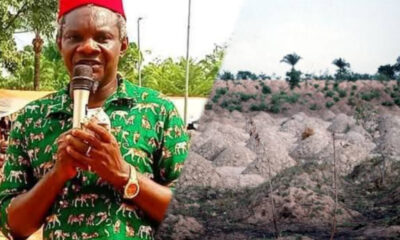
 FACT-CHECKS/INVESTIGATION2 days ago
FACT-CHECKS/INVESTIGATION2 days agoHow Federal Lawmaker, Ogah Snatches Village Land in Ebonyi
-

 NEWS2 days ago
NEWS2 days agoDeji Adeyanju Rewards Top Law School Graduates With N8m Cash Gift
-

 NEWS2 days ago
NEWS2 days agoFoundation Conducts Outreach in Amaenyima, Settles Hospital Bills and Support
-

 NEWS3 days ago
NEWS3 days ago95 Female Corps Members Receive Free Entrepreneurial Training In Lagos
-

 POLITICS6 days ago
POLITICS6 days agoUmahi Closes Highway, Pledges Southeast Support for Tinubu











